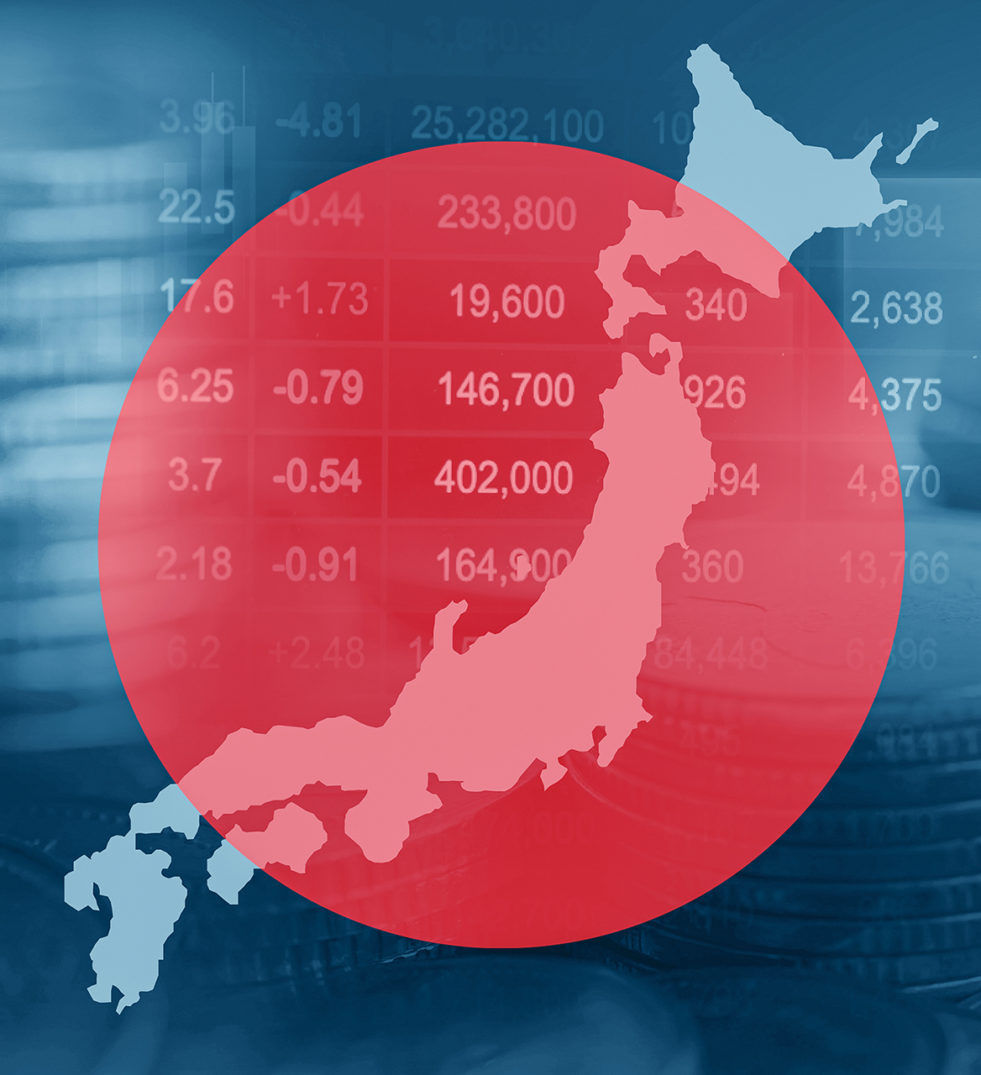World class Japanese language translation from qualified professional linguists
At Alexika, we specialise in professional translations between Japanese and all of the world’s major languages.
- Number of Japanese native speakers globally: 126 million
- Number of countries where Japanese is an official language: 1
- Approx. percentage of world trade conducted in Japanese: 8.1%
A world leader in automotive, electronics and many other sectors, Japan is the world’s third largest economy and is often considered to be one of the most innovative and dynamic. As well as being the ninth most-spoken language in the world, did you know that approximately 10% of Internet users are estimated to be Japanese speakers?
Alexika’s native Japanese translators cover many professional and technical fields, ensuring fully-authentic translation of your documents.
Expert, Professional Japanese Translation: More about the Language
The national language of Japan, Japanese (日本語) is an East Asian language with a complex grammar system, based on three scripts.
The language’s prehistory is shrouded in mystery and many varied theories exist about its early years. We do know that Chinese had a big influence over the first form of written Japanese — known as Old Japanese — with many characters and vocabulary being borrowed from this language. Two more stages then followed (Early Middle and Late Middle Japanese) before Modern Japanese came into being in the 1600s. Interestingly, Japanese does not actually hold official status in Japan, but is the de facto national language.
Kanji, Hiragana and Katakana are the three writing systems used to create Japanese characters. Kanji are traditional Chinese characters, whilst Hiragana and Katakana are both alphabets that were introduced at a later stage.
The use of so-called English “loan-words” has become more commonplace in Japanese. However, you may be surprised to learn that some common English words are actually borrowed from Japanese: for example karaoke and tycoon. The largest Japanese community outside of Japan is in Brazil, with significant minorities to be found in the US (Hawaii in particular), Canada and Australia.
Japanese is often dubbed as one of the most challenging languages for English native speakers to learn. Because the two languages have an entirely different linguistic history, many words don’t have a direct equivalent.
Cultural awareness is essential in the Japanese translation process, too; tone and register in the language are more complex than English. Enlisting the help of an experienced language service provider is highly recommended to ensure the appropriate message is conveyed.
Another tip to bear in mind is to allow flexibility in the layout of your documents. The contraction rate when translating from Japanese into English can vary wildly between 10–55%. When translating out of English into Japanese the expansion rate is even higher, often between 20–60%. Note that Japanese uses characters whereas English is word-based.
We offer professional Japanese-to-English and English-to-Japanese translations, as well as other language combinations including Japanese.
How We Achieve Perfect Japanese Translations
Achieving nailed-on authenticity and accuracy is as challenging as it is important. At Alexika, our native translators have proven experience and in-depth knowledge of your industry.
Alexika work to the following ‘golden rules’ when translating the Japanese language:
Mother Tongue
By using translators whose mother tongue is the target language, we’re able to ensure all translated material reads 100% authentically. This is our ‘golden rule’ for all translations at Alexika.
Professional Linguists
All translators are qualified and experienced professional linguists.
Sector Expertise
We don’t compromise on accuracy and authenticity; the translator working on your project will have a strong grasp of, and familiarity with, your business sector.
Translation Technology
We use the latest translation technology sensibly to provide an accurate and prompt service.
Please contact us for more information on Japanese language translation.
Our friendly, in-house team would be delighted to hear about your needs and requirements. Contact us for a speedy quote or reach us over the phone on 01943 839 227 (+44 1943 839 227 outside of the UK).
Specialist language translation

Chinese Language Translation

Czech Language Translation

Danish Language Translation

Dutch Language Translation

English Language Translation

Finnish Language Translation

Flemish Language Translation

French Language Translation

German Language Translation

Greek Language Translation

Hungarian Language Translation

Italian Language Translation

Japanese Language Translation

Korean Language Translation

Norwegian Language Translation

Polish Translation Services

Portuguese Language Translation

Russian Language Translation

Spanish Language Translation

Swedish Language Translation



